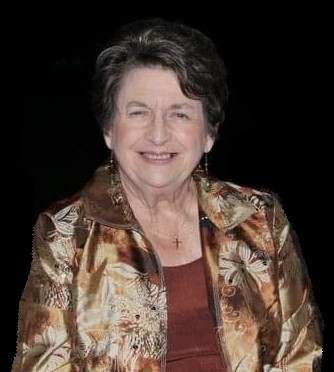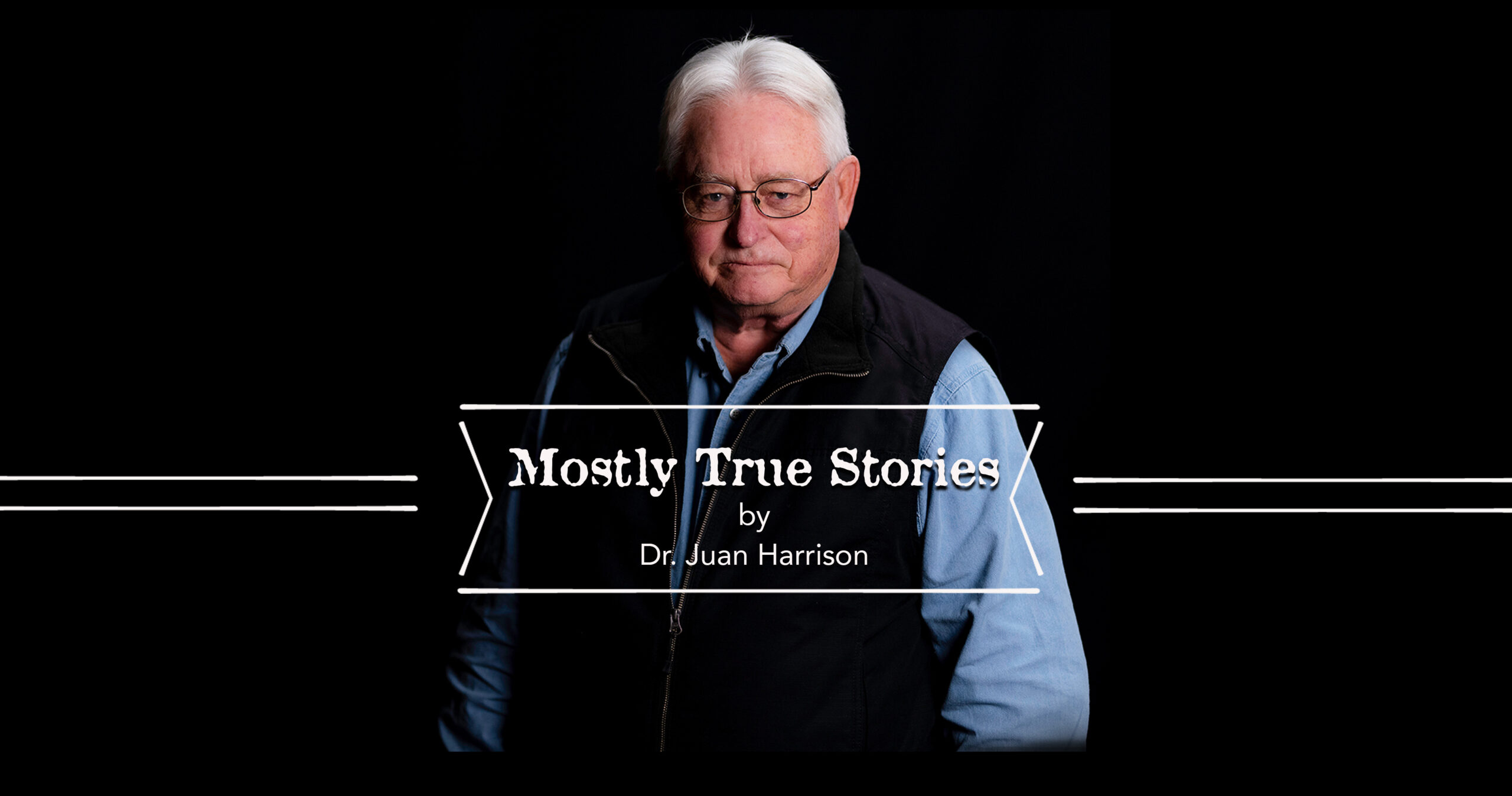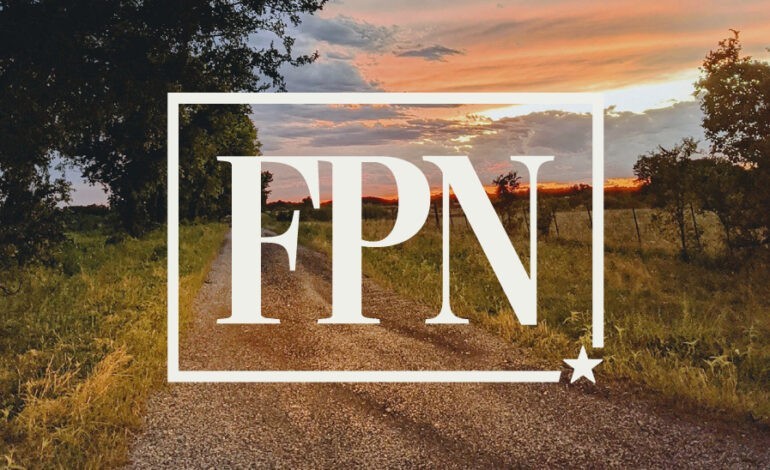Supreme Court Rules 7-2 in Favor of Colorado Baker in Landmark Religious Liberty Case by John Litzler
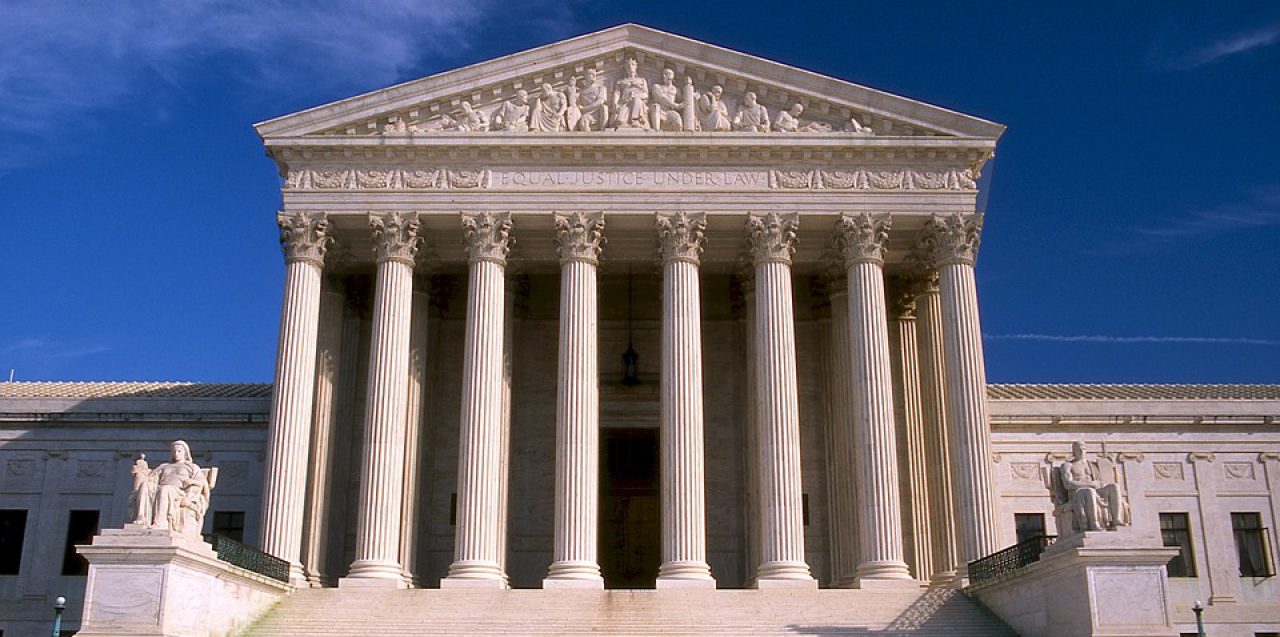
[adning id=”33097″]
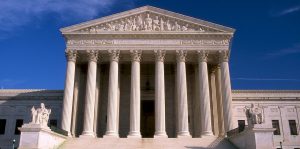
This morning, the Supreme Court of the United State (SCOTUS) continued its strong record of siding with people and organizations asserting religious freedom. In a 7-2 decision SCOTUS ruled in favor of baker, Jack Phillips, in his lawsuit against the Colorado Civil Rights Commission (Commission) stating, “Phillips was entitled to a neutral decisionmaker who would give full and fair consideration to his religious objection as he sought to assert it in all of the circumstances in which this case was presented, considered, and decided.”
In balancing the rights of same-sex couples with free exercise of religion under the First Amendment, the Court stated, “The laws and the Constitution can, and in some instances must, protect gay persons and gay couples in the exercise of their civil rights, but religious and philosophical objections to gay marriage are protected views and in some instances protected forms of expression.” The Court stopped short of ruling that baking a cake was one of those protected forms of expression. Instead, SCOTUS ruled that Phillips’ First Amendment rights had been violated because the Commission hadn’t been neutral in evaluating his religious objections.
What the Masterpiece Cakeshop case was about:
In July 2012, David Mullins and Charlie Craig visited Masterpiece Cakeshop in Lakewood, Colorado, and attempted to order a cake to celebrate the couple’s upcoming wedding. Jack Phillips, owner of Masterpiece Cakeshop, told the couple that because of his religious beliefs he would not provide baked goods for the celebration of a same-sex wedding. In response, the couple filed a complaint with the Commission.
Colorado is one of 23 states that prevent discrimination based on a person’s sexual orientation when providing public accommodations. Most churches and other non-profit organizations are not considered public accommodations, but a for-profit business that is generally open to anyone is likely a public accommodation. The Commission agreed with David and Charlie that Masterpiece Cakeshop had committed sexual orientation discrimination in violation of state law. A Colorado Court of Appeals also ruled in favor of the couple in 2015 and the Colorado Supreme Court declined to hear the case. Last June, SCOTUS agreed to hear the case and today (June 4, 2018) ruled in favor of Phillips and stating that the ruling against Masterpiece Cakeshop must be set aside.
Why this wasn’t a 5-4 Ruling:
Most consider the Court to be made up of four conservative justices and four liberal justices with Justice Kennedy usually breaking the tie as a “swing vote”. Although Justice Kennedy tends to be conservative, he also strongly favors rights for same-sex couples and wrote the majority opinion of the 5-4 Obergefell decision in 2015, which struck down state same-sex marriage bans. Some anticipated this would be another 5-4 case with Justice Kennedy casting the deciding vote in yet another critical opinion addressing same-sex marriage. But the Commission was hostile toward Masterpiece Cakeshop causing Justices Breyer and Kagan (generally considered liberal justices) to side with the majority. The Court felt the Commission displayed animosity toward Phillips when it accused him of using his assertions of religious freedom as a justification for discrimination.
Explaining Animus:
Animus rulings are rare, but this was not the first time Justice Kennedy has written a majority opinion accusing the government of animus toward a particular class of people. In 2013, Justice Kennedy wrote the majority opinion in the 5-4 ruling of United States v. Windsor. In that case, the Court struck down Section 3 of the Defense of Marriage Act (DOMA) as a depravation of Fifth Amendment rights. The invalidation of DOMA was significant in and of itself, but just as significant was the Court’s rationale. Kennedy said that the government has exhibited unconstitutional animus (hostility or ill feeling) toward same-sex couples.
When SCOTUS ruled against state same-sex marriage bans in 2015, those representing the petitioner, James Obergefell, wanted the Court to issue another animus ruling. There was hope that in its ruling the Court would say that a state law banning same-sex marriage served no legitimate purpose and was a pretext for hostility toward same-sex couples. Instead, the Court said the opposite. In the Obergefell decision, Kennedy wrote, “Many who deem same-sex marriage to be wrong reach that conclusion based on decent and honorable religious or philosophical premises, and neither they nor their beliefs are disparaged here.”
In some respects, Kennedy laid the ground work for today’s decision when he said in Obergefell, “The First Amendment ensures that religious organizations and persons are given proper protection as they seek to teach the principles that are so fulfilling and so central to their lives and faiths…” In Obergefell, the Court ruled that same-sex marriage was a right and stated that the exercise of that right was not harmful to others. But it also left the door open to distinguish a case in which a same-sex couple compelling a Christian to violate his or her religious beliefs would be harmful.
Now, the Court has ruled that the Commission’s application of it’s antidiscrimination law to Phillips’ exhibited animus toward him as a member of a protected class: a person of faith. This is a landmark ruling in favor of religious liberty. Just as the government cannot show unconstitutional animus to same-sex couples, it cannot show animus toward Christians.
What it Means:
The Roberts Court continues to be pro-liberty. As previously stated, 23 states have laws preventing discrimination based on sexual orientation, all of which must be re-evaluated. While the anti-discrimination laws themselves may not be unconstitutional, the laws must be applied to those who assert religious objections in a way that does not violate the Free Exercise Clause of the First Amendment.
The Court’s ruling was narrow as opposed to the broader ruling for which some had hoped. Phillips argued that his cake was art and therefore free speech and religious speech that was protected under the First Amendment. While the Court didn’t rule on whether baking the cake was free speech, it did send a clear message to jurisdictions with nondiscrimination laws: Fairly and neutrally consider objections to the law based on freedom of religion.
As Justice Kennedy said in his majority opinion regarding future cases, “these disputes must be resolved with tolerance, without undue disrespect to sincere religious beliefs, and without subjecting gay persons to indignities when they seek goods and services in an open market.”
What Next:
Every church and most every family has a friend and loved one engaged in same-sex relationships, and we should consider their perspective. It would be a mistake to view the Court’s ruling today a decision against the liberties of same-sex couples. Rather, the Court’s ruling should be viewed as a protection of religious liberty. This decision is a reminder for Christians that we may continue not only to believe, but also practice our beliefs without interference from our government. This is an incredible freedom. Let us exercise that freedom by showing the love of Jesus to our neighbors in same-sex relationships.
If you or your church have questions about this ruling or the state of religious liberty in America today, please do not hesitate the contact Christian Unity Ministries’ Church Law Division. We also have religious liberty seminars available.
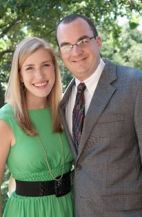
John Litzler directs the Church Law division of Christian Unity Ministries in San Antonio. He is a graduate of the University of Texas and Baylor Law school. He is a member of the SSHS class of 2004.
[adning id=”33207″]
[adning id=”33207″]
[adning id=”33207″]


